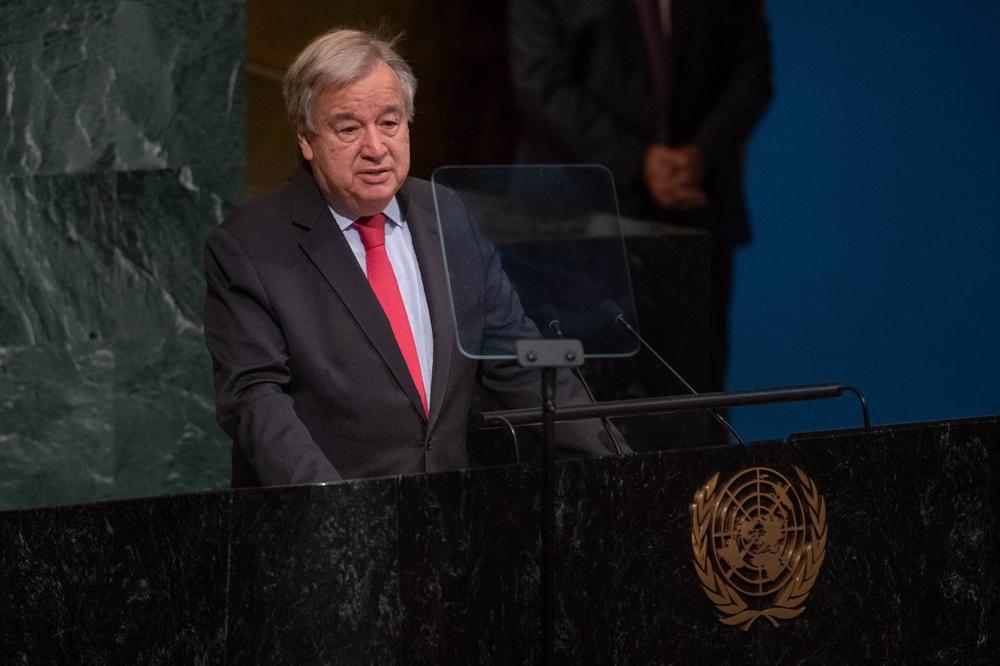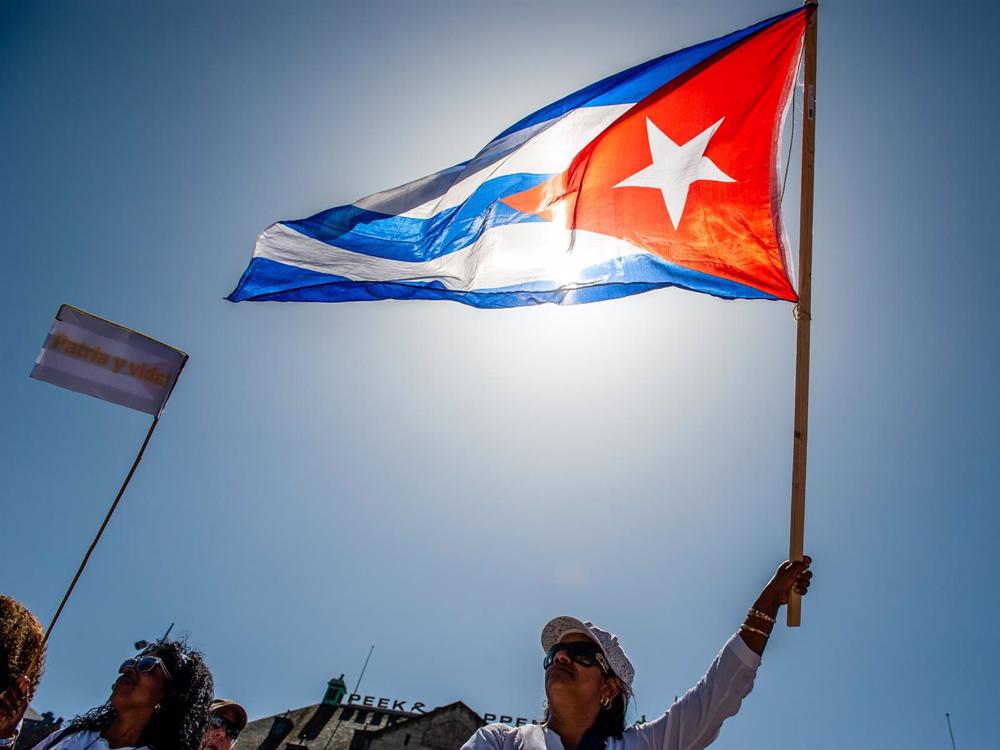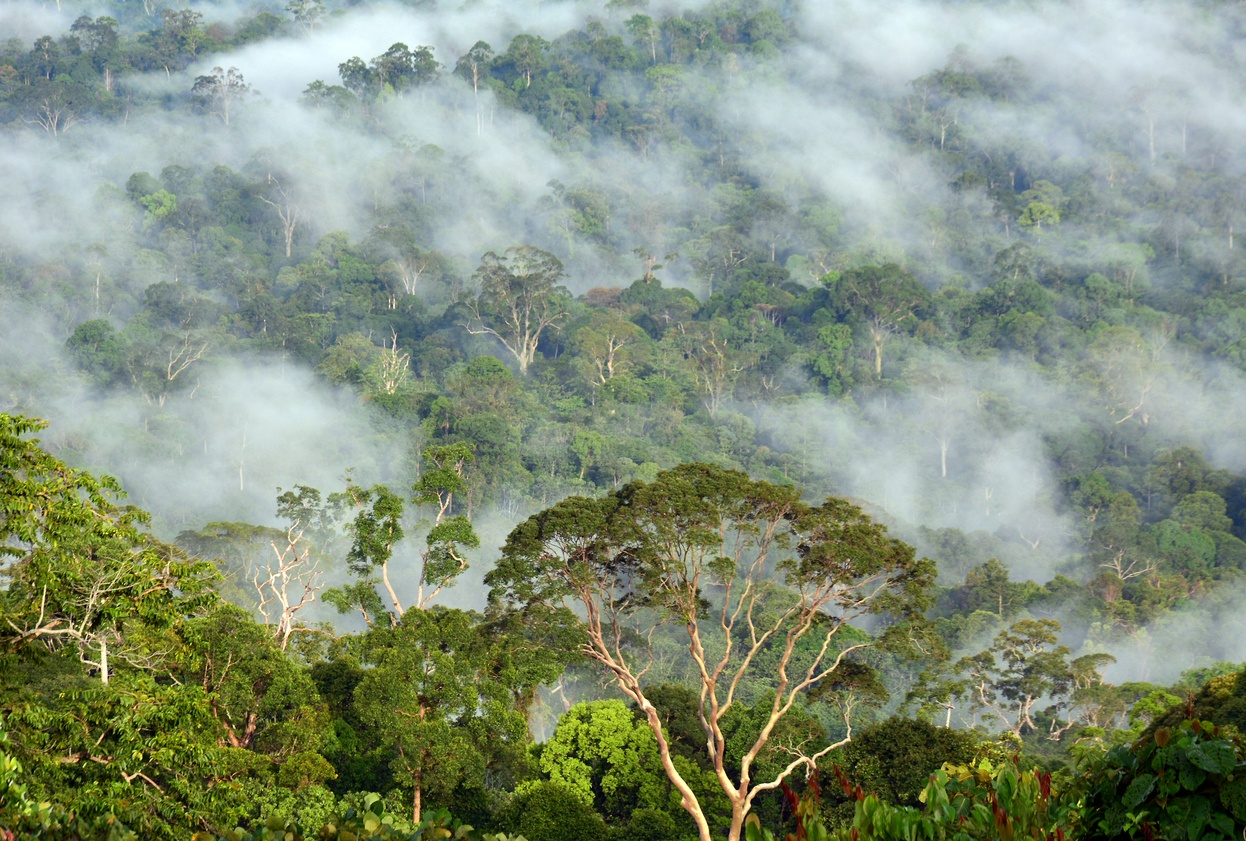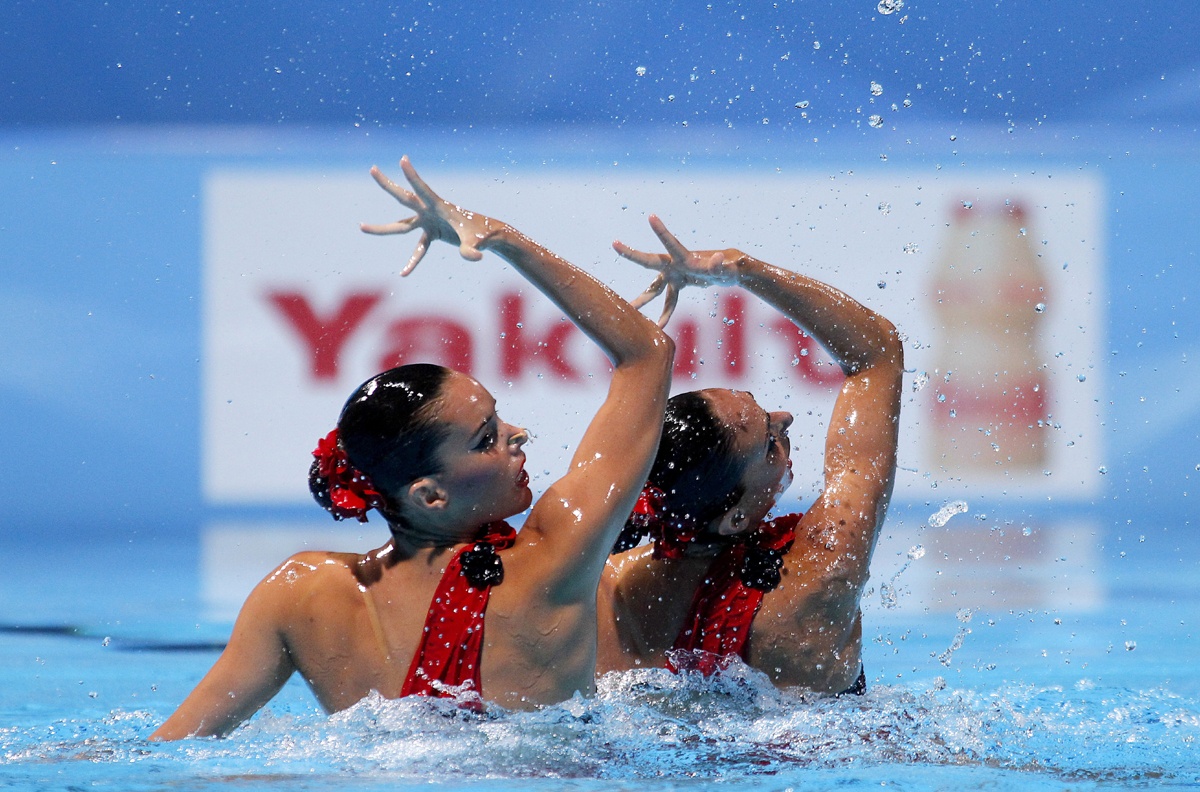
United Nations Secretary-General Antonio Guterres has welcomed the agreement reached between the Ethiopian government and the Tigray People’s Liberation Front (TPLF) for the cessation of hostilities, saying it is a «fundamental step» towards a possible end to the conflict.
Guterres called the agreement «a bold step» taken by both sides and invited both the Ethiopian population and the international community as a whole to support the pact, according to a statement by the Secretary General’s spokesman, Stéphane Dujarric.
«The secretary general pledges his support to the parties in implementing the provisions of the agreement and urges them to continue negotiations (…) in a spirit of reconciliation in order to reach a lasting political settlement, silence the weapons and return the country to the path of peace and stability,» Dujarric said.
In view of this agreement, Guterres also urged all parties involved in the conflict to take advantage of the situation to provide the necessary humanitarian assistance in the areas most affected by the conflict, while restoring essential public services.
Finally, the highest representative of the United Nations congratulated the African Union and South Africa for having promoted and hosted negotiations that have finally resulted in this cessation of hostilities at a time when the conflict is approaching its second year of activity.
The African Union mediator, Olusegun Obasanjo, announced Wednesday that the Ethiopian government and the TPLF have signed an agreement for the cessation of hostilities in the framework of the conflict that has been raging in the Tigray region (north) since November 2020.
The talks were attended by former Kenyan President Uhuru Kenyatta and former South African Vice President Phumzile Mlambo-Ngcuka, as well as representatives of the Intergovernmental Authority on Development (IGAD), the United Nations and the United States.
The TPLF agreed to sit down for talks with the Ethiopian government in early October, an initiative put forward by the AU to reach a «peaceful resolution of the current conflict». One of the TPLF’s conditions was that during the negotiations there should be «additional actors» as observers or guarantors.
The war has seen an upsurge in recent weeks following the outbreak of renewed fighting in August after a five-month humanitarian truce agreed between the parties. The TPLF earlier denounced a large-scale offensive by the Eritrean Army in support of Ethiopian forces.
The conflict in Tigray erupted in November 2020 following a TPLF attack on the main army base in Mekelle, after which the government of Abiy Ahmed ordered an offensive against the group following months of political and administrative tensions. A «humanitarian truce» is currently in force, although both sides have accused each other of impeding the delivery of aid.
The TPLF accuses Abiy of whipping up tensions since coming to power in April 2018, when he became the first Oromo to take office. Until then, the TPLF had been the dominant force within Ethiopia’s ruling coalition since 1991, the ethnically-supported Ethiopian People’s Revolutionary Democratic Front (EPRDF). The group opposed Abiy’s reforms, which it saw as an attempt to undermine its influence.






